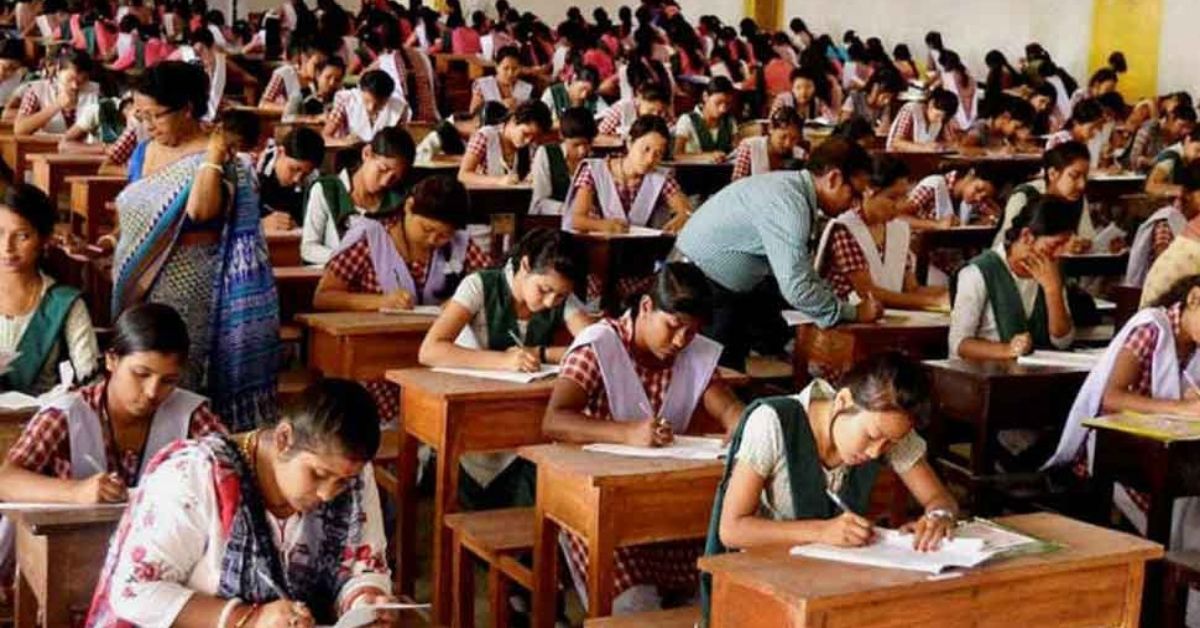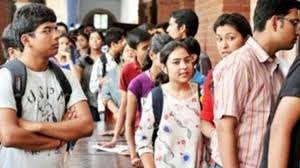Source: swarajyamag.com
Every year, Union Public Civil Services Examination (UPSC) conducts the exam for filling bureaucratic posts in which lakhs of students participate.
However, only few hundred aspirants make it to the finish line. The exam is long-term, tedious and quite comprehensive, therefore, an IAS aspirant should focus on a few dos and don’ts from the start.
The few months between Prelims and Mains are quite tough for aspirants. While those who are certain of clearing the prelims have to cover a mountain of content before Mains and those who are at the boundary, feel confused.
On the other hand, those who have not performed very well, feel discouraged. However, these crucial months between June to October should not be wasted no matter the standing of the candidate.
The aspirants should keep the following in mind:
A stable living situation should be arranged until the exam dates- a place where the candidate can live and study peacefully. Instead of leaving this task for the future, “I will find a better flat later”, “I will go back to parents’ place later on” and other such future deferments should be avoided. The key is to get into an unbroken routine of studies.
Candidate shouldn’t think that preparation for next-year prelims should be started around current year’s Mains or later. The UPSC pattern lately is designed to prevent ‘short-cuts’ that might have been available to the students, including coaching materials, news summaries etc. Therefore, it would be good if the candidate uses this time to finish reading NCERTs thoroughly, and build the habit of reading newspapers daily.
The candidate should also try to designate a particular area in the home for studies. For example, a table-chair. Sitting here, the candidate should only study, and not do anything else. This will become a cue for the brain to study as soon as you sit there. Also, mobile phones are a major distraction, and must be put far-away, if possible, in a silent mode while one is studying.
It is always good to be organised about preparation. Candidates should make timetables, with both short term (say a week) and long term (say three months) goals.
The candidates should also utilise this time to prepare their optional subject. The correct strategy to cover an optional subject is to start from the theoretical portion, and cover it well. Then the candidate should try to integrate it with daily current affairs, adding and appending new and relevant news. It is also good to follow experts and specific magazines that publish India-specific material. Candidates should build a habit of taking quick notes in bullet points from these articles.
Another important point to remember is to keep reading newspaper/daily current affairs the same day, instead of crunching them together for month-end or so.
For each day, the candidate should decide in the morning itself what all they have to cover and roughly designate the time. It is better to avoid binge studying a subject, trying to finish it in one go. This strategy can result in lop-sided preparation where candidates are over-prepared in one subject while being under-prepared in others. Therefore candidates should try to mix and match.
The art of note-making
A lot of students feel flabbergasted by the sheer length and breadth of content. Some feel confused as to what and how many notes they should make, including of newspapers. Others say they can’t remember anything without writing something down. There are three things to keep in mind here.
First, notes should be your own and not a mere copy-paste of the book/newspaper you are reading. They should be made after finishing the reading, not looking at the material. The candidate can make notes, write keywords on the side, and then should take a cursory look at the source to ensure he/she didn’t forget anything.
Secondly, note-making and revision go hand-in-hand. While it’s true that note-making helps in memorising, it is only by revision that the material is thoroughly understood and ‘absorbed’.
Thirdly, detailed notes of everything isn’t necessary. Technology can be used to make the process more efficient. For example, a candidate can make newspaper/current affairs notes online with a content option, so that a piece can be amended as per latest developments. However, Mains preparation should also involve as much handwriting as possible to prepare for the long written test.



